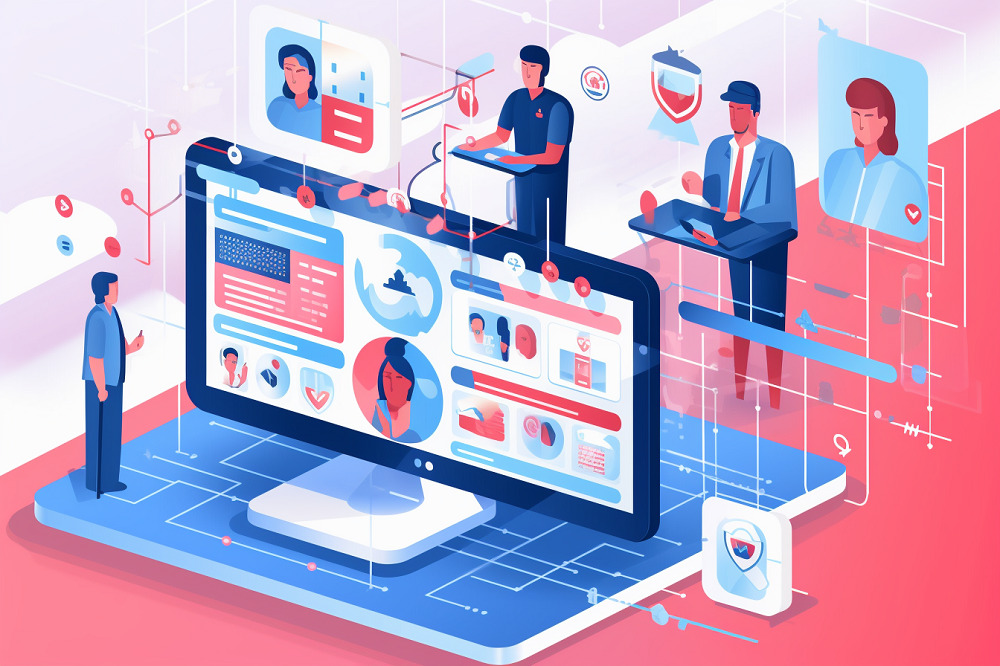OpenAI’s Strategic Approach To 2024 Elections
In a recent blog post, OpenAI unveiled its strategy for the upcoming 2024 elections. The primary focus of this initiative is to promote transparency, improve access to accurate information about voting, and thwart the misuse of artificial intelligence (AI).
The company is committed to ensuring its AI technology is not exploited to undermine the democratic process. OpenAI acknowledged that it’s a collective responsibility to preserve the integrity of elections, pledging its readiness to build and enable the safe use of AI systems.
The company calls for a cautious approach, stating the technology has benefits and challenges.
Safeguarding Electoral Integrity
A key aspect of OpenAI’s election-related efforts is a dedicated cross-functional team swiftly investigating and addressing potential abuses. Measures include preventing misleading deep fakes, chatbot impersonation of candidates, and scaled influence operations.
Notably, OpenAI has implemented guardrails on Dall-E, its image generation model, to reject requests for generating images of real people, including political figures. The announcement comes against the backdrop of heightened concerns about the misuse of AI in political settings.
Regulators in the United States were reportedly considering regulations for political deep fakes and AI-generated ads in the lead-up to the 2024 presidential elections. OpenAI’s proactive stance aligns with the broader industry’s efforts to address the challenges posed by AI during the election period.
While OpenAI explicitly prohibits the development of applications for political campaigning and lobbying using its AI technology, the broader landscape reveals instances where AI is being utilized for political campaigns. For example, a US congressional candidate has employed AI as a campaign caller to extend outreach to potential voters.
Strengthening ChatGPT
In addition to mitigating potential risks, OpenAI is actively enhancing its flagship product, ChatGPT, to provide accurate information through real-time news reporting. Users will be directed to official voting websites for comprehensive and reliable information, underscoring OpenAI’s commitment to supporting informed and responsible democratic participation.
Other tech giants have taken proactive regulatory measures in the broader context of AI’s influence on elections.
For example, Microsoft released a report on AI usage on social media and its potential to sway voter sentiment. Also, Google has made AI disclosure mandatory in political campaign ads and implemented limitations on responses to election queries through its Bard AI tool.
As the global community anticipates the 2024 elections, such initiatives contribute to building trust in AI technologies and ensuring their positive impact on democratic processes.
AI Will Steer Workforce Changes – PwC Survey
Meanwhile, a recent PricewaterhouseCoopers (PwC) survey revealed that approximately one in four global CEOs are considering laying off at least 5% of their workforce due to the adoption of generative artificial intelligence (AI) into their operations. The survey, encompassing responses from over 4,700 CEOs across 105 countries, disclosed that about a third of these companies have integrated generative AI into their operations.
The survey further indicated that industries such as banking, entertainment, media, capital markets, and insurance are more likely to experience staff cuts due to this innovative technology. Conversely, engineering, technology, construction, metals, and mining sectors seem more resilient against AI-fueled layoffs.
Despite the concerns about job cuts, the PwC report suggested that companies making reductions in some areas for efficiency may be compensating by hiring in other sectors. Notably, 14% of technology CEOs anticipate reducing headcount due to generative AI, but 56% foresee increased hiring in 2024.
IMF Analyses AI’s Impact On Jobs
The survey’s insights into the CEOs’ expectations follow an analysis by the International Monetary Fund (IMF), which found that AI would impact 40% of jobs in all sectors. The IMF Managing Director, Kristalina Georgieva, emphasized the need for countries to establish social safety nets and implement worker programs to address the challenges posed by AI.
This is important in emerging markets and low-income countries lacking the necessary infrastructure and skilled workforce to harness AI benefits. Nevertheless, the impact of AI on business models and the workforce is expected to be a prominent topic at the World Economic Forum in Davos.
This global forum will bring together influential figures, including Big Tech executives and world leaders, to discuss the implications of AI and explore strategies for mitigating its potential adverse effects on employment and inequality.
